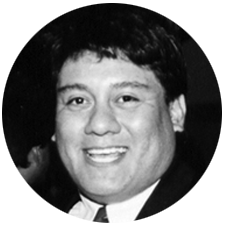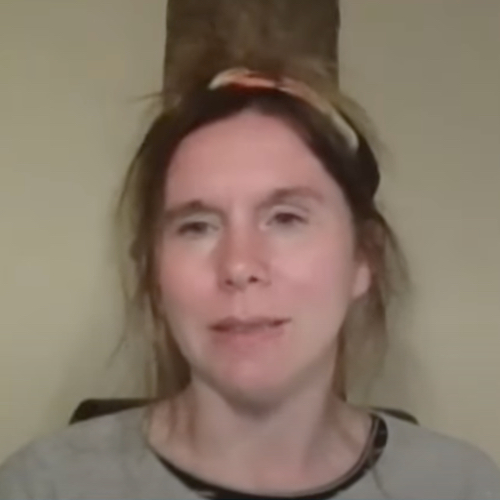Ten years ago, a young California political leader entered a Los Angeles hospital for gall bladder removal and bariatric surgery and died three days later with no cause given for his death. Lloyd Monserratt was a 36 year-old man who believed in community empowerment and social change. He was a Latino vote director for the Democratic Congressional Campaign Committee (DCCC), director of constituency services at NALEO, and a chief of staff for the City of Los Angeles.
During the three days that Lloyd was in the hospital, I was never told that his condition was deteriorating. In fact, the surgeon told me his operation was a success. This could not have been further from the truth. Hours before Lloyd died, I asked another physician if he was progressing normally and was told he was “exactly where he should be.” A later review of Lloyd’s medical records clearly showed that he was in organ failure. The reality was that Lloyd was on his deathbed and neither his physician nor anyone else in the hospital felt the need to tell us that there were complications from the surgery and he was facing death.
With no one willing to provide a cause for Lloyd’s death, I hired a pathologist to conduct a private autopsy. I also contacted the Los Angeles County coroner and asked that they confirm the results. The pathologist stated that the surgeon had perforated the bile duct during the gall bladder surgery. Left untreated, infection had set in and Lloyd had died of sepsis. The pathologist stated that the hospital had had until the night before he died to go in and save Lloyd. Test results showed Lloyd’s condition, yet his physician never wrote new orders as his condition deteriorated. The county coroner agreed with the findings and changed the death certificate to reflect that this was not a death by natural causes.
Sensing that there had to be something else, I continued to investigate. I learned that Lloyd’s physician had been arrested three times in a 10-year period while a licensed physician in California. One arrest was for felony possession of crack cocaine. The California medical board website did not show any disciplinary actions on his records and did not reveal any criminal issues. At the time, physician substance abuse problems were kept confidential and to a large part still are. The public has no right to know if their physician has a substance abuse problem that would directly affect their medical care.
Lloyd’s death caused me to seek change in physician accountability and transparency. In 2008, due in large part to Lloyd’s story, the California General Assembly passed SB 1441 (Ridley-Thomas), creating uniform and specific standards for dealing with substance-abusing licensees. The medical board website now shows information on impaired physicians that was once confidential. Amendments in other legislation have provided other safeguards. Much has changed since Lloyd’s death, but there is much to do.
There are no words to describe how one survives losing Lloyd Monserratt. His devotion to me, to our family, and to a community have been what has driven me to continue to testify before legislative hearings, challenge the California medical board to fulfil its mission to protect the public, and to make a legislative change that will still save lives. Lloyd was a problem-solver. He should have had the right to know his true condition while in the hospital and been given the option to find the care he needed to save his life. Lloyd was committed to changing people’s lives through the political system throughout the state of California. Yet, tragically, the state of California failed Lloyd.







